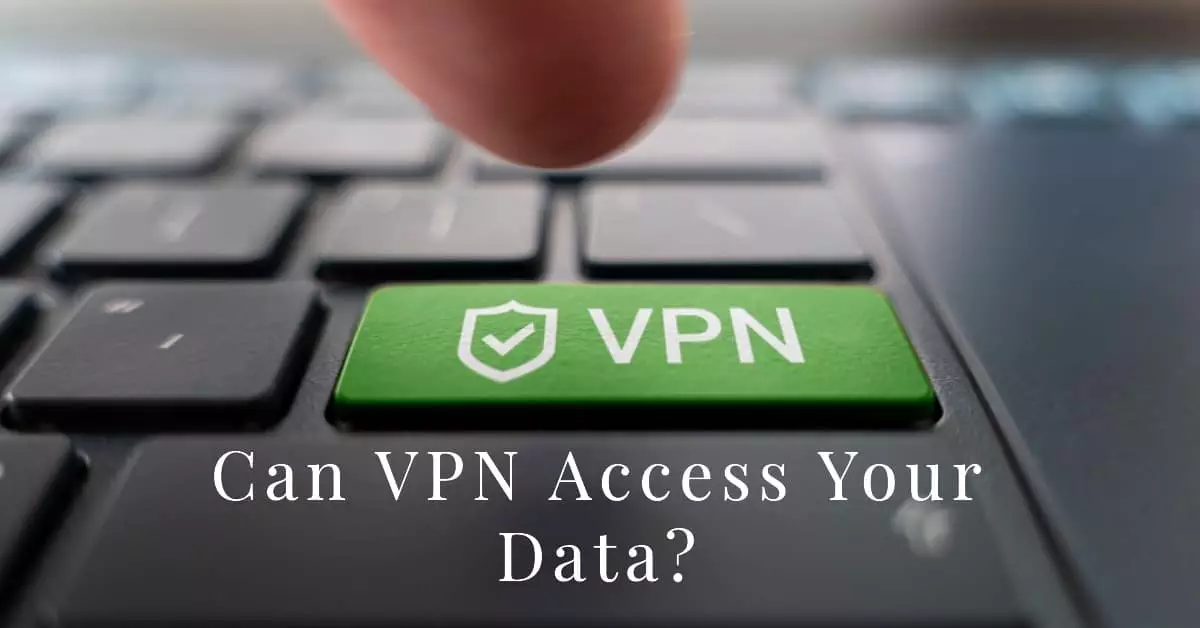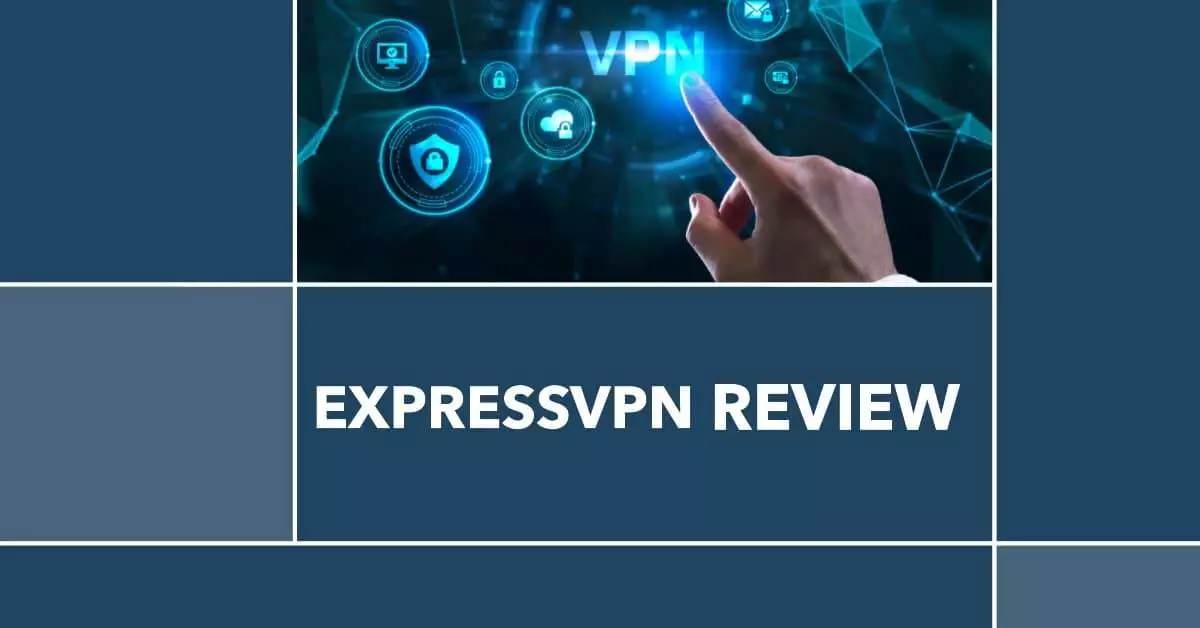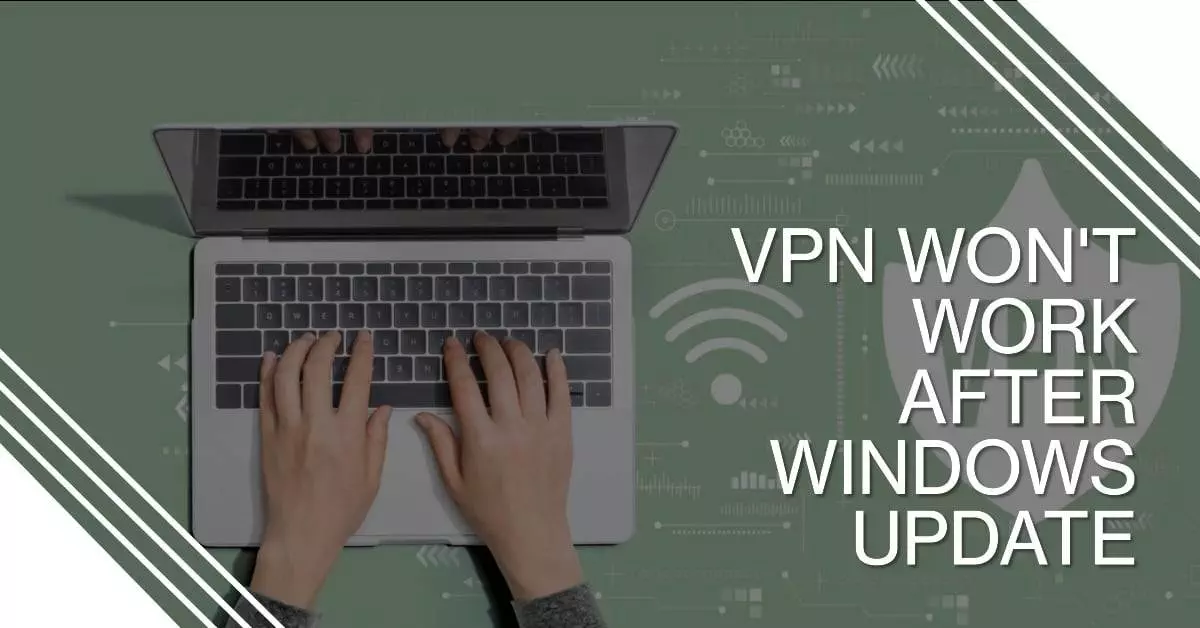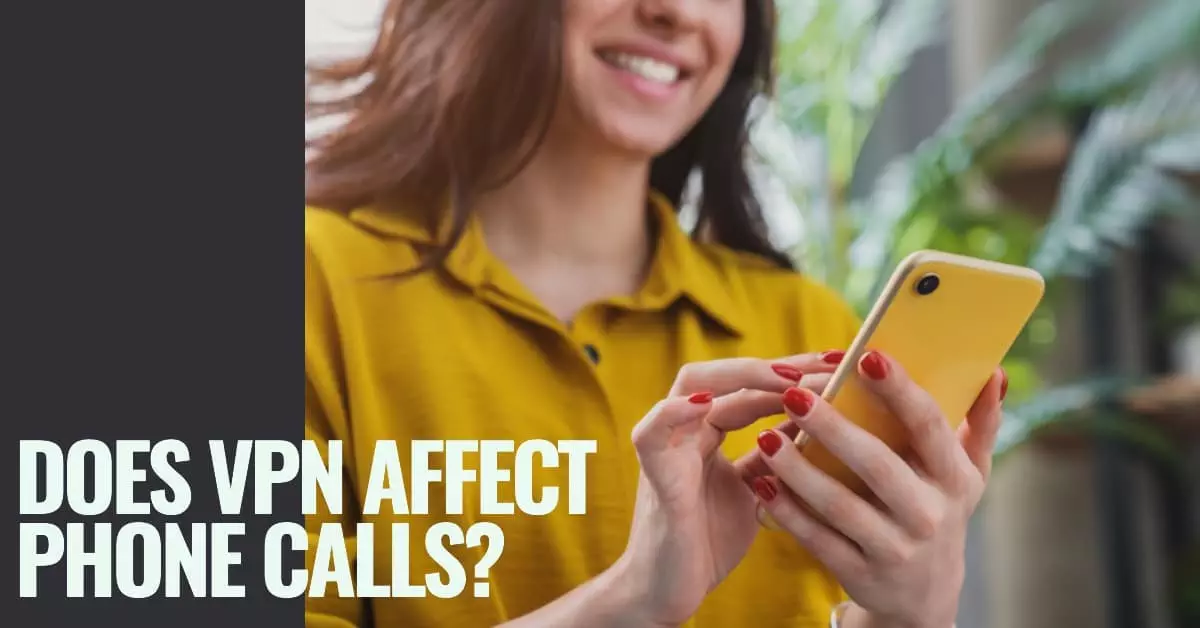Are you one of those tech-savvy individuals who’ve hopped onto the VPN bandwagon to protect your online privacy? You’re not alone.
Virtual Private Networks (VPNs) have become a must-have tool for many internet users due to their ability to mask IP addresses and encrypt data, making it difficult for prying eyes to access our personal information.
But have you ever wondered if these so-called digital guardians can be trusted with all that sensitive data you’re trying to keep away from hackers and snoopers?
Well, buckle up ’cause we’re about to dive deep into the world of VPNs and find out whether they truly are the knights in shining armor we believe them to be!
In this article, we’ll explore how VPNs work, what kind of data they can potentially access, and most importantly – do they really hold the key to ultimate online security or could there be hidden risks lurking beneath the surface?
So sit back, relax, and get ready for some serious knowledge bombs coming your way!
The Fundamentals Of VPN Functionality
I know what you’re thinking: ‘Can a VPN really protect my data from prying eyes?’ The good news is that, yes, it can!
Understanding the fundamentals of how a VPN functions will help alleviate your concerns and give you the confidence to use one. At its core, a VPN relies on encryption technology to create a secure connection between your device and the internet.
This VPN encryption ensures that all data transmitted between your device and the internet remains private and inaccessible to potential hackers or snoopers.
One key aspect of any reliable VPN service is an extensive network of server locations around the world. By connecting to these different servers, users can mask their true location and bypass geographical restrictions for streaming services or websites.
More importantly, this global coverage enhances user privacy by making it more difficult for third parties to track their online activities.
Using a VPN not only ensures your online security through encryption but also helps you stay anonymous by offering multiple server locations, giving you more control of your digital existence while effectively protecting your crucial data.
Types Of Information VPNs Can Potentially Access
Diving deeper into the world of virtual private networks, it’s crucial to understand what kind of information these tools can potentially access.
After all, you’re entrusting your online privacy and security to a VPN service, so it’s essential to know if they indeed provide the protection level you expect.
VPNs are designed to secure your data by encrypting it before transmitting over the internet. However, encryption limitations may still leave some potential vulnerabilities for data breaches.
This is why choosing a trustworthy VPN provider becomes even more critical, as their practices determine how well-protected your data will be.
Additionally, keep in mind that while most reputable VPNs have strict no-log policies meaning they don’t store or monitor any user activity – there might always be exceptions; hence vigilance is key to ensuring your personal details remain confidential and uncompromised.
Ensuring Trustworthiness Of VPN Providers
Enforcing trust in your VPN provider is crucial to protecting your data and ensuring the privacy of your online activities. Trustworthy providers are those that have a reputation for robust security measures, transparent policies, and reliable performance.
To select the best one, you need to research various options and compare their features, such as data encryption levels, logging practices, and jurisdiction.
As you dive deeper into the world of virtual private networks, remember that mastery comes from understanding not just how these tools work but also knowing which providers prioritize their users’ privacy and security above all else.
By taking the time to choose a reputable VPN service with strong data encryption methods in place, you can confidently surf the web without worrying about unwanted snooping or interference – a true testament to having achieved digital freedom.
Weighing The Pros And Cons Of VPN Usage
So, you’ve taken the time to research and choose a trustworthy VPN provider. Now it’s essential to weigh the advantages and disadvantages of using a VPN to determine if it’s right for your specific needs.
In this section, we’ll examine some common pros and cons associated with VPN usage.
Before diving in, let us briefly explore three significant considerations when evaluating VPN limitations:
- Performance: A VPN can slow down your internet connection as your data is encrypted, routed through remote servers, and decrypted again.
- Compatibility: Not all devices or operating systems support every available VPN service. Ensure that the chosen VPN solution works seamlessly across all gadgets used regularly.
- Data breaches: Even top-tier providers are not immune from occasional security incidents. It’s crucial to stay informed about potential threats and vulnerabilities affecting your chosen VPN.
Weighing these factors should help you make an educated decision on whether incorporating a virtual private network into your digital life is worth the trade-offs.
While there’s no denying that using a reputable VPN offers numerous benefits such as enhanced privacy, bypassing geo-restrictions, and improved online security – it’s imperative not to overlook possible drawbacks like slowed performance or compatibility issues.
Remember that even though reliable providers have robust security measures in place, they aren’t completely impervious to data breaches; staying vigilant is key!
By considering both sides of the coin, you’re well-equipped to decide how much importance to accord to mastering the art of safe browsing while maintaining acceptable levels of usability, convenience, and functionality within your unique digital landscape.
Alternative Online Privacy Solutions
Now that we’ve discussed how VPNs can potentially access your data, it’s time to explore some alternative online privacy solutions.
The quest for digital freedom and protection against internet censorship is essential in today’s world, where information is power.
One such solution is a proxy server, which acts as an intermediary between you and the internet by masking your IP address and allowing you to bypass certain restrictions. However, keep in mind that while proxies might help with anonymity, they may not offer robust data encryption like VPNs.
Another powerful contender for securing your online privacy is the Tor network. The beauty of this system lies in its decentralized structure; multiple layers of encryption are employed across numerous volunteer-operated servers worldwide. This makes tracking user activity extremely difficult for anyone attempting to pry into your business.
Although using Tor can be slightly slower than traditional browsing methods due to its complex architecture, the enhanced level of privacy offered often outweighs any drawbacks for those seeking true digital autonomy.
Remember that protecting yourself from unwanted intrusion requires more than just one tool or service – always consider employing a combination of strategies to achieve maximum security on the web.
Can VPN Access Your Data? – Conclusion
In conclusion, it’s essential to choose a reputable VPN provider that values user privacy and has a clear data policy.
For example, NordVPN faced a server breach in 2018 but stood out due to its transparency and prompt action in rectifying the issue.
As users, we must weigh the pros and cons of using VPNs for our online activities while exploring other alternatives like Tor or HTTPS Everywhere.
Ultimately, staying informed about privacy tools will help us make better decisions on safeguarding our digital lives.




Leave a Reply